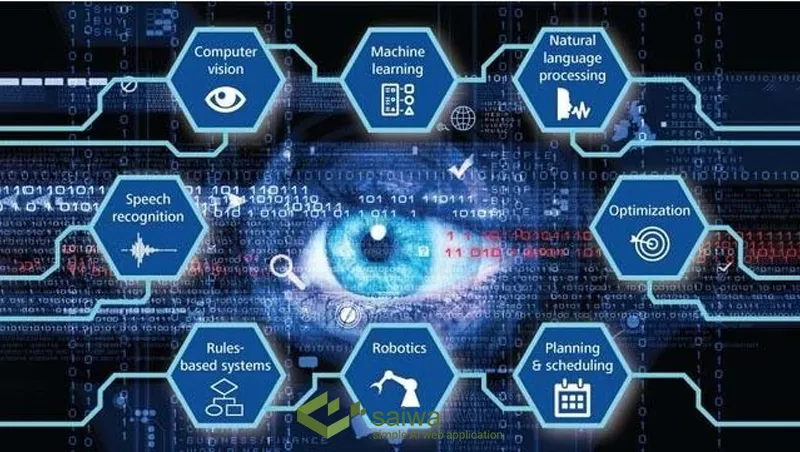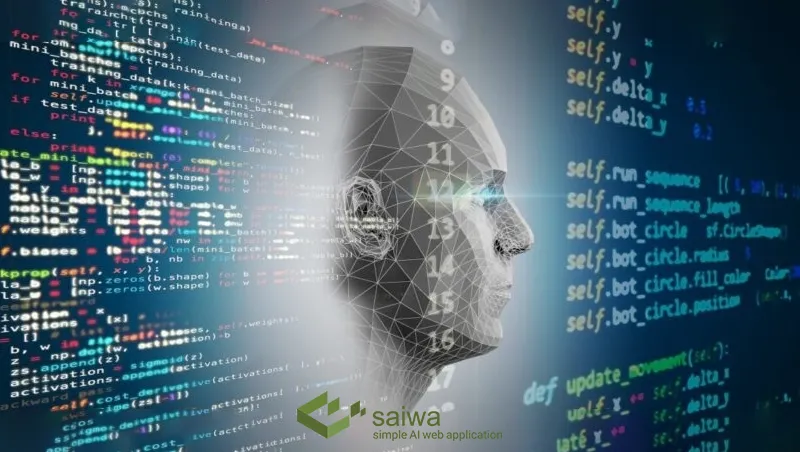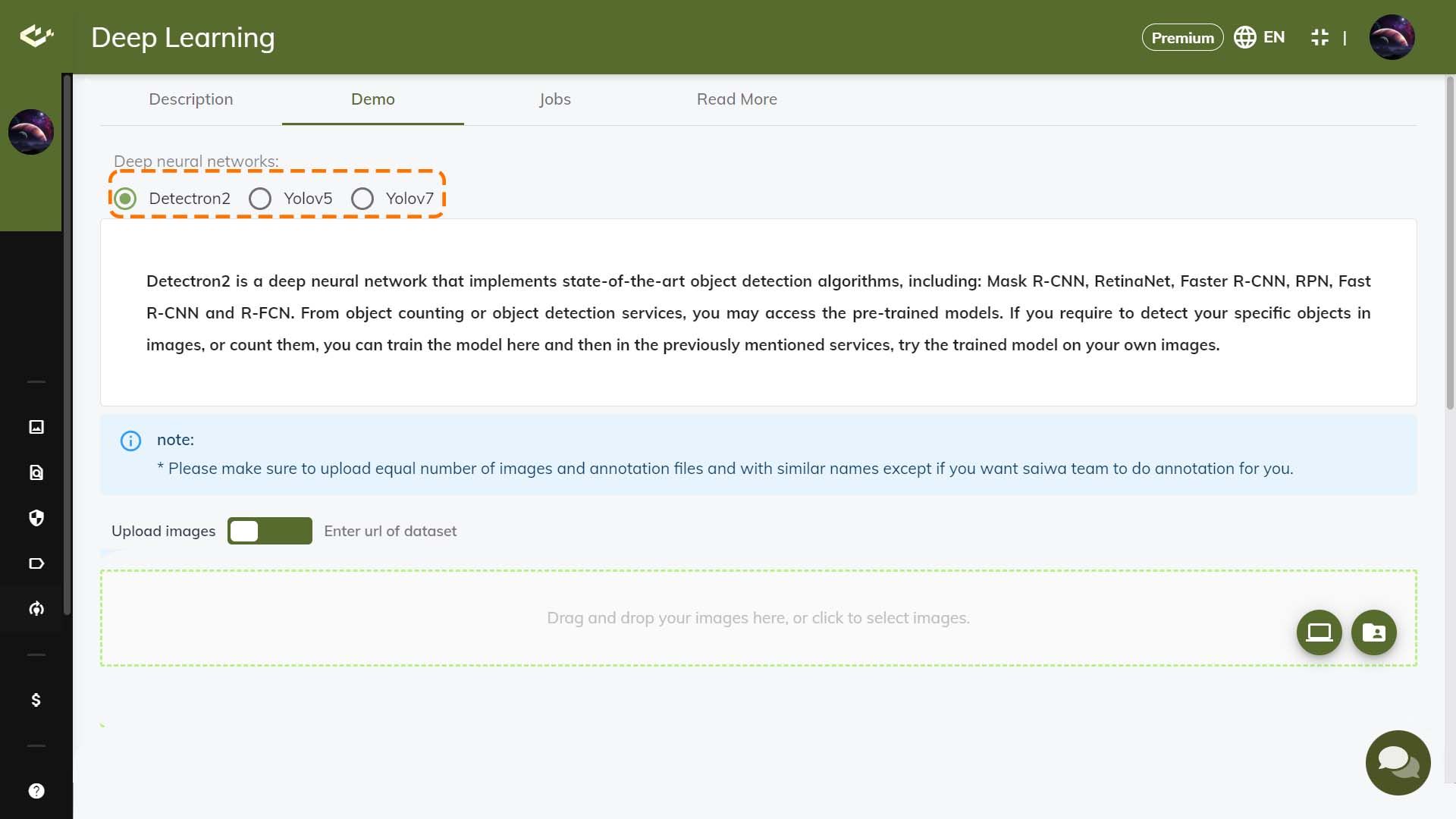
The Synergy of Big Data and AI
The emergence of big data coupled with advances in artificial intelligence is transforming industries and society. Massive datasets are fueling unprecedented AI capabilities while AI enables extracting value from complex big data. This combination underpins data-driven innovation across sectors. However, effectively leveraging big data and AI poses challenges that necessitate thoughtful solutions.

Data is the fundamental driver of AI progress. deep learning and Machine learning models rely on large, representative training data sets to learn meaningful patterns and correlations. The amount and variety of data directly affect model performance. Therefore, obtaining high-quality datasets at scale is a priority, yet challenging. Strategic data collection, storage in big data repositories, and preprocessing pipelines are required to provide reliable data for AI applications.
Big data collection leverages sources such as IoT sensors, websites, social media, transactions, surveillance cameras, and more. Storage solutions such as the Hadoop distributed file system and cloud object stores enable the consolidation of terabytes to petabytes of data. However, real-world data suffers from missing values, noise, inconsistencies, and biases. Preprocessing such as cleaning, normalization, and augmentation is critical for AI models to accurately learn from the data. Overall, curating large datasets is a complex endeavor that underpins the success of AI.
Read Also: AI and Data Science
Edge computing and intelligence
A defining property of big data is its real-time, continuous flow at high rates. This data streaming necessitates specialized analytics techniques to keep pace. Complex event processing engines detect meaningful patterns in real-time streams using machine learning. Low latency distributed stream processing frameworks like Apache Spark Streaming enable real-time analytics with scalable fault tolerance. Edge computing also pushes processing to networked edge devices to reduce data transfers and enable real-time intelligent systems. Running analytic models directly at the data source supports latency-critical applications.
AI Technologies and Algorithms
Machine learning provides techniques like regression, clustering, classification, and neural networks that uncover patterns within data to make predictions and recommendations. Abundant data is vital for developing robust statistical models that generalize well. Big data also enables more advanced ensemble and online learning approaches. Deep learning in particular excels with massive, rich datasets representing complex concepts like imagery and natural language. The rise of big data has been key to recent AI breakthroughs.
In natural language processing, large text corpora allow the discovery of linguistic structures through distributional semantics models. Massive datasets pretrain transformer language models that achieve superior performance on downstream NLP tasks through transfer learning. Chatbots and language translation also rely on big data resources. Overall, big data fuels fundamental NLP capabilities powering modern applications.
Read Also: data science and machine learning

AI system scalability and performance
To scale big data workloads, AI system performance must be carefully benchmarked and optimized. Efficient distributed training algorithms, accelerated hardware like GPUs and TPUs, and optimization strategies like pruning are necessary to handle massive datasets. Serverless computing and autoscaling on cloud platforms provide cost-effective and flexible resources for spiky big data workloads. Heterogeneous computing systems integrating diverse processors tailored to parts of the AI pipeline improve throughput and energy efficiency.
Real-World Applications of Big Data and AI
In healthcare, patient records, diagnostic data, medical research papers, and genomic data are being used by AI to improve care. Disease prediction, personalized treatment recommendations, and drug discovery all benefit from big data analytics.
In finance, transaction histories, statements, and market data feed fraud detection systems and trading algorithms. AI-powered algorithms can process massive amounts of data and detect unusual patterns or fraudulent activity in real-time.
AI enhances the retail industry by analyzing customer behavior and providing personalized product recommendations based on historical shopping patterns. Retailers are optimizing inventory and offering personalized promotions based on consumer behavior data.
Big data and AI are also transforming transportation through autonomous vehicles, intelligent traffic monitoring, and predictive maintenance. The data collected from sensors over millions of miles of driving is feeding robust models. Across all sectors, the availability of big data is unlocking transformative AI use cases that improve productivity, decision-making, and innovation.

Big data simulation
Big data also facilitates AI training through synthetic data generation with Generative Adversarial Networks. Digital twin simulations of complex systems, such as smart factories, allow realistic synthetic data sets to be generated inexpensively. This expands limited training data for improved model development. Testing AI systems and decisions against digital twins also safely evaluate performance before real-world deployment. Overall, simulated data environments enable innovation with big data systems.
Challenges and Ethical Considerations
Big data and AI present challenges around privacy, bias, and scalability that need to be mitigated. Protecting sensitive user data is critical, especially when data sets are combined and centralized. Techniques such as encryption, anonymization, and federated learning help address privacy risks. However, security breaches remain a concern.
Datasets often encapsulate societal biases that algorithms propagate if not proactively addressed. Evaluating model fairness and minimizing discrimination is an active area of research. Computing infrastructure and software must also scale cost-effectively to massive datasets. Cloud computing provides elastic resources to match storage and processing needs.
Most importantly, big data and AI must be developed ethically and with deliberate oversight. Governance frameworks and design principles for transparent and socially beneficial systems are critical. When implemented responsibly, big data and AI can bring tremendous benefits to organizations and society.
Dark data and analytics
Vast amounts of unseen dark data also hold untapped potential. Semi-supervised learning uses unlabeled data along with limited labels, while zero-shot learning classifies new classes using only their description. Weak supervision techniques such as data programming reduce labeling costs by programmatically labeling datasets. Analyzing dark data expands the value extracted from big data resources.
However, big data systems must be developed responsibly. Privacy, bias, and environmental sustainability are key concerns. Principles of fairness, accountability, and transparency must be incorporated into data processing. Robust cybersecurity and policies that limit data monetization are needed. Energy-efficient and low-emission computing infrastructure should be mandated. With ethical governance and thinking guiding big data and AI systems, they can create tremendous value for business and society.
Conclusion
The intersection of big data and artificial intelligence presents both enormous opportunities and multifaceted challenges. Realizing the potential of these emerging technologies while mitigating the pitfalls will require interdisciplinary collaboration. But if done thoughtfully, big data and AI can transform decision-making and progress across industries to improve the quality of life globally. The societal impact promises to be on par with pivotal innovations such as electricity and the internet. Managing its responsible development is one of the most consequential challenges of our time.
